Photo Essays
Polio Campaigns in Africa
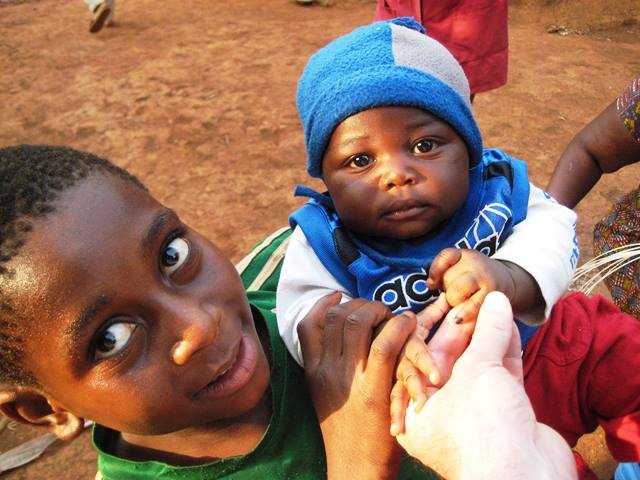 April 24-30 is World Immunization Week, a week aimed at creating awareness about the use of vaccines to protect people of all ages against life-threatening vaccine-preventable diseases.
April 24-30 is World Immunization Week, a week aimed at creating awareness about the use of vaccines to protect people of all ages against life-threatening vaccine-preventable diseases.
Making sure no child is forgotten – reaching children in refugee camps

South Sudan declared independence in 2011, making it the world’s youngest nation. The country has an incredibly large number of refugees and internally displaced persons due to ongoing conflict and violence in the region. Some of the displaced live in camps like this one. Many others live amongst their host population, without access to basic services.
Wide age range measles-rubella vaccination campaign, Nepal (2012-2013)
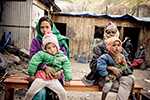
By invitation of WHO/Nepal, CDC’s Dr. Umid Sharapov spent three weeks in December, 2012 as an international monitor of their measles-rubella (MR) campaign. The Ministry of Health and Population of Nepal introduced rubella-containing vaccine by conducting a wide age range measles-rubella (MR) campaign during 2012-2013. Ten million children (9 months – 14 years) were vaccinated.
Cholera Vaccination in Haiti
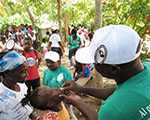 CDC has been helping Haiti to rebuild its health system since the devastating 2010 earthquake and cholera epidemic. Vaccines play a big part.
CDC has been helping Haiti to rebuild its health system since the devastating 2010 earthquake and cholera epidemic. Vaccines play a big part.
Female Health Workers
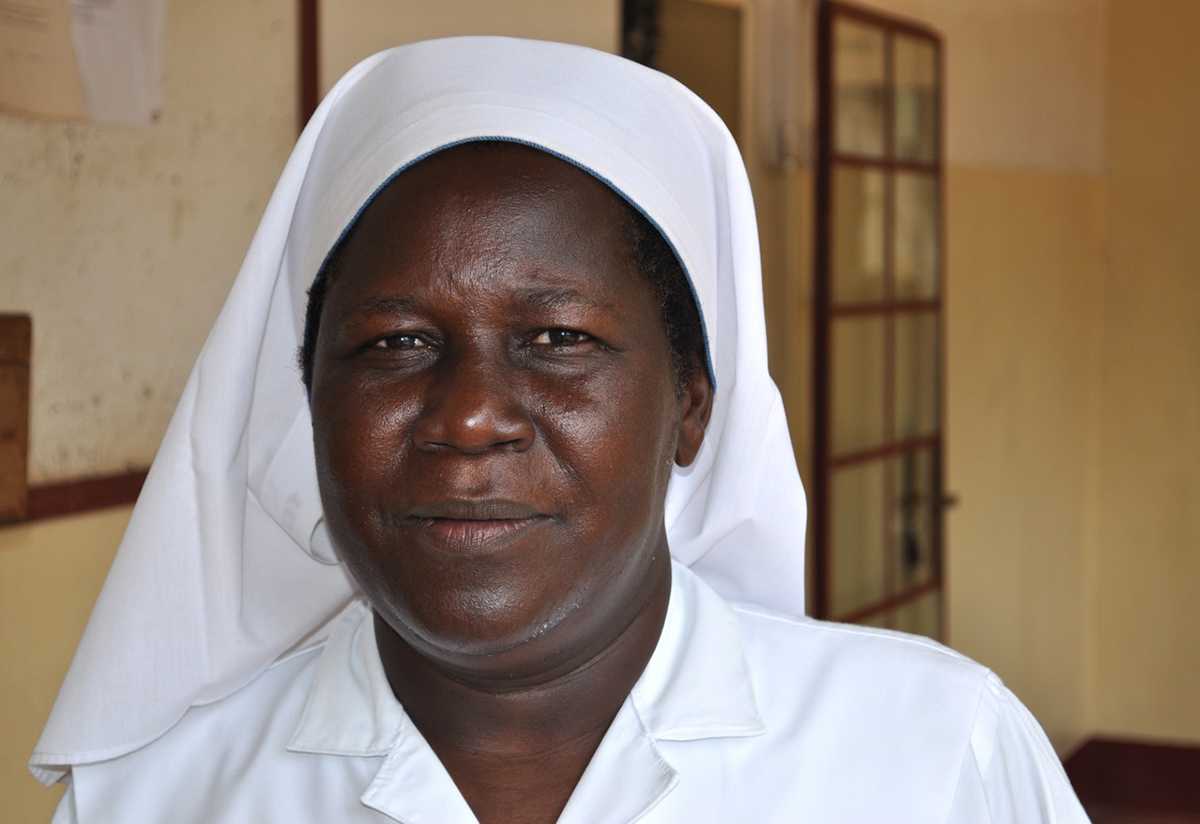 Female Health Workers Make Life-Saving Contributions to Global Immunization
Female Health Workers Make Life-Saving Contributions to Global Immunization
Going the Last Mile to Reach Every Child
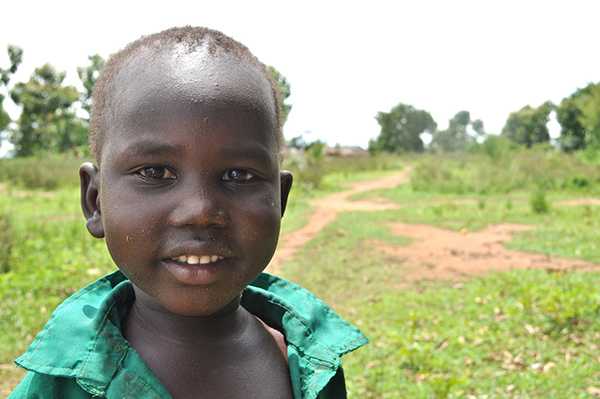 In their relentless effort to vaccinate children in some of the most hard-to-reach areas of the world, health workers, volunteers and families travel far and wide to give children access to life-saving vaccines.
In their relentless effort to vaccinate children in some of the most hard-to-reach areas of the world, health workers, volunteers and families travel far and wide to give children access to life-saving vaccines.
Validation of Maternal and Neonatal Tetanus Elimination in the Philippines, 2015

In many countries, deliveries take place in unhygienic circumstances, putting mothers and their newborn babies at risk for a variety of life-threatening infections.Maternal and neonatal tetanus (MNT) have been among the most common lethal consequences of unclean deliveries and umbilical cord care practices. When tetanus develops, mortality rates are extremely high, especially when appropriate medical care is not available.
CDC's participation in a 2012 post-introduction evaluation of HPV vaccine in Latvia
 A post-introduction evaluation (PIE) is conducted usually about one year or so after a new vaccine has been incorporated into a national immunization program. The purpose is to assess the effectiveness of the program in incorporating the new vaccine, the effect on health outcomes, the robustness of the data systems, and to evaluate coverage with the new vaccine (usually calculated as a percentage of all persons eligible to be vaccinated).
A post-introduction evaluation (PIE) is conducted usually about one year or so after a new vaccine has been incorporated into a national immunization program. The purpose is to assess the effectiveness of the program in incorporating the new vaccine, the effect on health outcomes, the robustness of the data systems, and to evaluate coverage with the new vaccine (usually calculated as a percentage of all persons eligible to be vaccinated).
- Page last reviewed: April 17, 2015
- Page last updated: April 17, 2015
- Content source:
Global Health
Notice: Linking to a non-federal site does not constitute an endorsement by HHS, CDC or any of its employees of the sponsors or the information and products presented on the site.


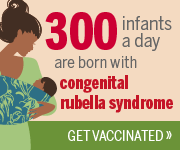
 ShareCompartir
ShareCompartir